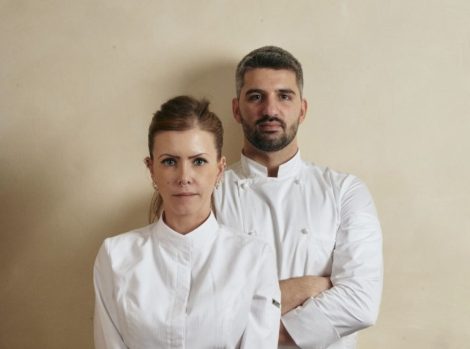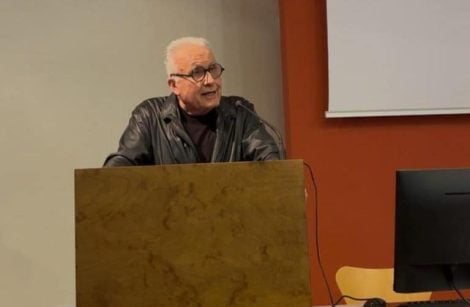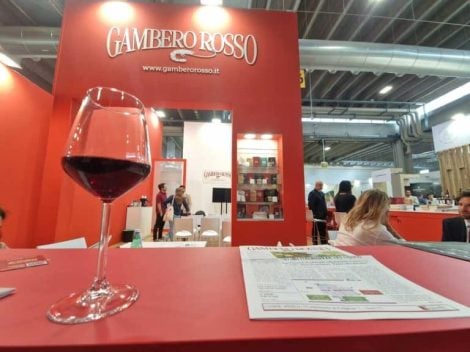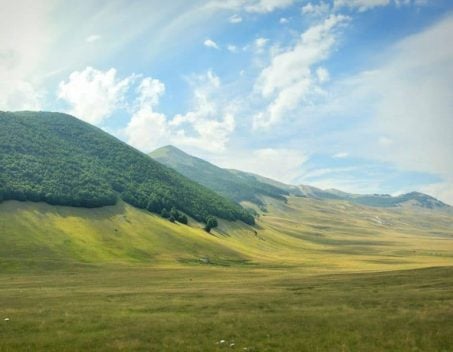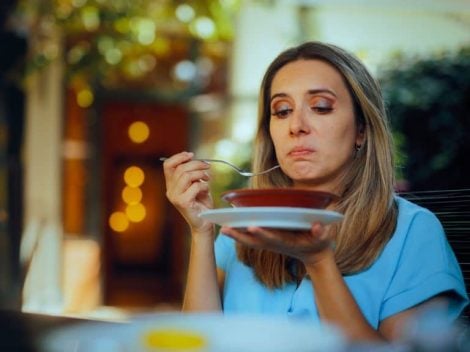Agriculture of the future: the goal is ecological transition
Talking about ecological transition means pursuing the principles of sustainable development that today more than ever appears to be postponed in order to plan a better future. The pandemic has shown even more clearly how much this goal, the cornerstone of the 2030 UN Agenda, is a priority. And Italy, which in 2021 will be leading the G20, will have to make an effort to relaunch funding for sustainable development, mobilising citizens, businesses and institutions. In this context, there are already those who are making their voice heard.
How important is rural female entrepreneurship in Italy
In Italy, one out of three agricultural enterprises is managed by women: 32% of the activities surveyed in the sector (361,420 companies out of a total of 1,145,680) are run by women. Female farming counts 234,000 women out of a total of 872,000 employees (26.8%), but the most relevant figure is linked to the so-called multifunctional companies, engaged in the front line to respond to society's need for genuine food, produced with practices that respect the environment, personal services, social inclusion and attention to the protection of local traditions and biodiversity. In this case, the percentage of women in charge increases. The world of virtuous agritourism, of educational and social farms, of closed supply chains based on the transformation and direct sale of farm products is therefore largely the prerogative of female entrepreneurs, which has particularly distinguished itself even during the pandemic, developing contrast to the crisis opened by the health emergency. This is what emerges from the report presented by WWF during the recently celebrated International Day of Rural Women.
The value of multifunctional agriculture that appeals to women
This propensity for innovation and multifunctionality, explains the report, is due to the fact that women do not perceive the company only as a source of income, but also as a lifestyle. This is why, the survey headlines, "the ecological transition of the agricultural system today is female". And this happens in a context that is already meritorious for Italy, which in Europe is the country that more than any other practices multifunctional agriculture: there are 22,661 agritourism companies authorized to operate in Italy (the data still refers to 2016, but the trend in recent years has been constantly growing), and in this segment female-run businesses account for 39%. In terms of economic value, therefore, Italy, with over 4.9 billion euros, holds the record for the value of production of the service activities provided by multifunctional agriculture, followed by France and Germany. But what is a multifunctional farm? An activity that promotes work practices based on the protection and enhancement of natural capital (soil regeneration, biodiversity), while defining new services (tourism, educational and social), focused on actions in the field of protection and use of environment and in the promotion of social inclusion. First of all, educational farms and companies practicing social agriculture, which, again, in Italy are largely led by women.
The difficulties of female farming entrepreneurs
Furthermore, by comparing the data relating to the last few years, female-run agriculture businesses are also very efficient in using the funds of the Common Agricultural Policy of the European Union (CAP) and record a higher percentage of growth in economic returns (here figures are again relating to 2016). Despite this, female entrepreneurs who want to open their own business often find it difficult to find land in areas with high profitability and this forces them to fall back to disadvantaged areas, penalized in addition by high complications to gain access to credit. Across the world, rural women make up over a quarter of the global population and are a powerful vector of change, even though gender inequalities often prevent them from reaching their full potential.
by Livia Montagnoli

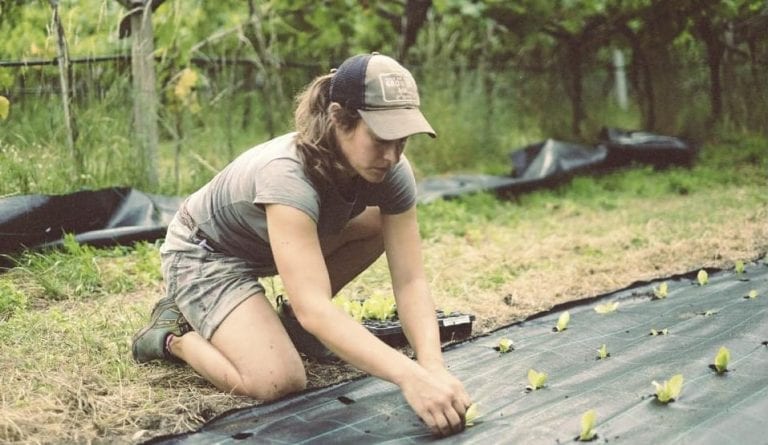
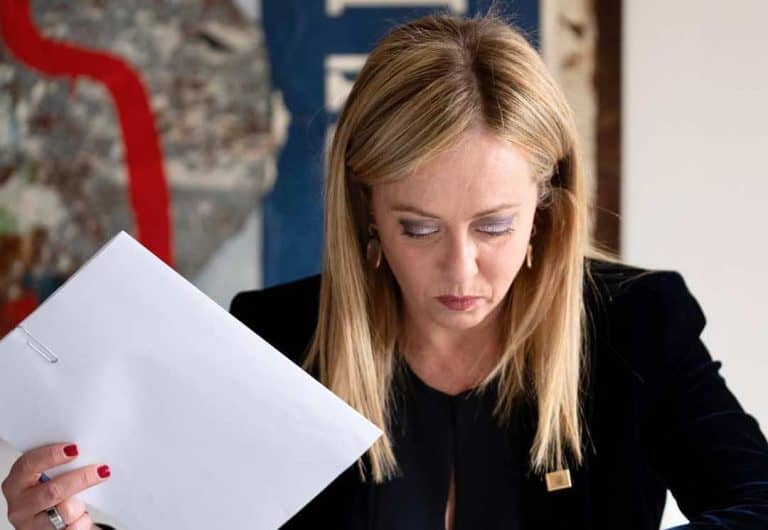 Meloni: "Tariffs? If necessary, there will be consequences. Heavy impact on agri-food sector"
Meloni: "Tariffs? If necessary, there will be consequences. Heavy impact on agri-food sector"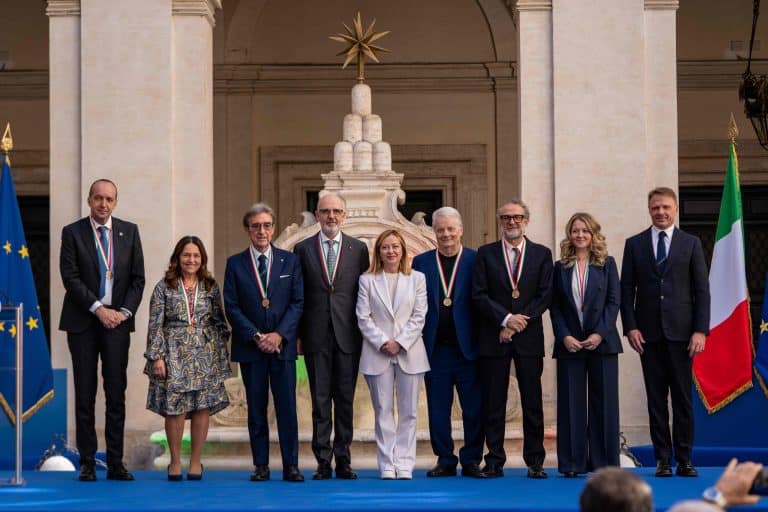 The Government honours the greats of Italian cuisine, from Bottura to Pepe. Massari: "Thank you, Meloni, the only one who listened to us"
The Government honours the greats of Italian cuisine, from Bottura to Pepe. Massari: "Thank you, Meloni, the only one who listened to us"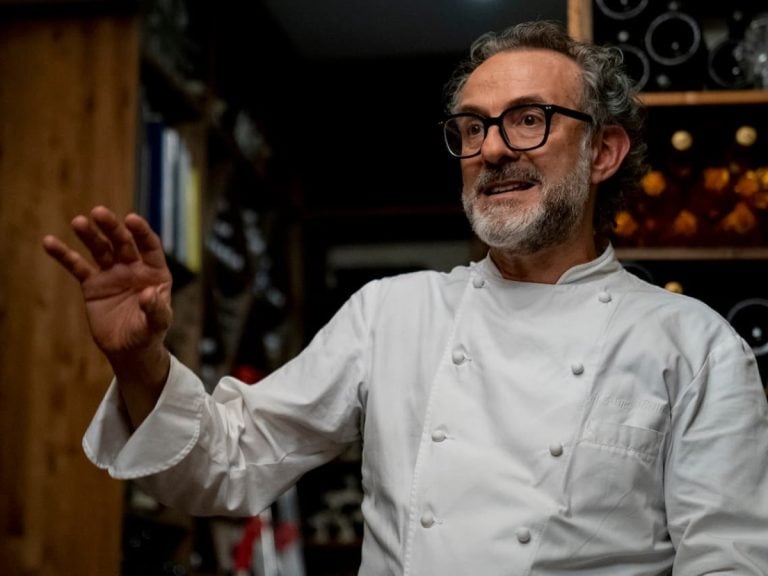 "We must promote a cuisine that is not just for the few." Interview with Massimo Bottura
"We must promote a cuisine that is not just for the few." Interview with Massimo Bottura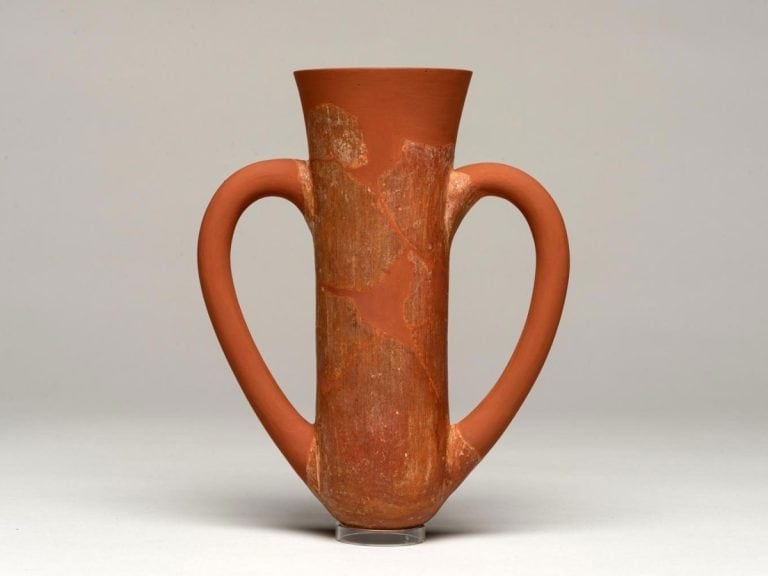 Wine was a drink of the people as early as the Early Bronze Age. A study disproves the ancient elitism of Bacchus’ nectar
Wine was a drink of the people as early as the Early Bronze Age. A study disproves the ancient elitism of Bacchus’ nectar "From 2nd April, US tariffs between 10% and 25% on wine as well." The announcement from the Wine Trade Alliance
"From 2nd April, US tariffs between 10% and 25% on wine as well." The announcement from the Wine Trade Alliance
